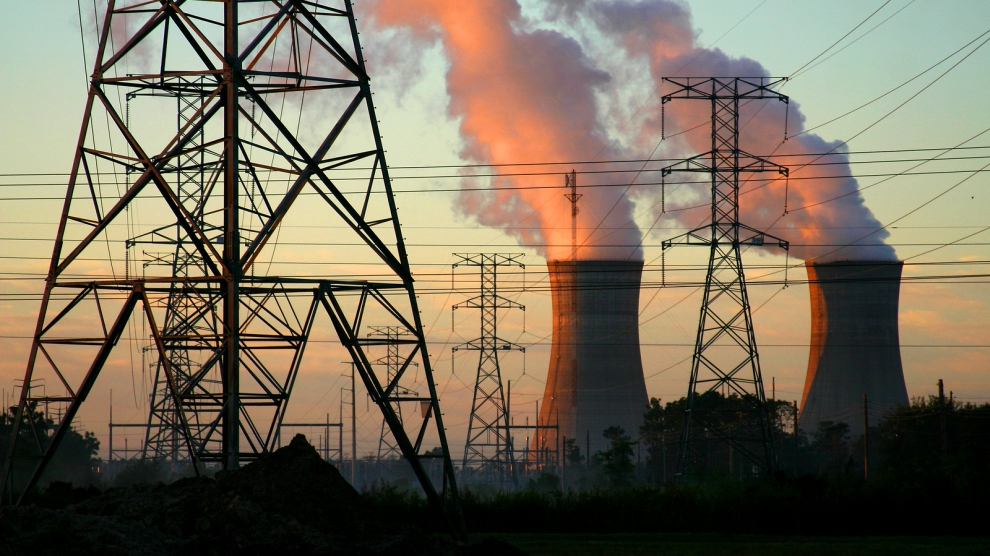On December 28, 2018, GE Steam Power was granted what we call “Notice to Proceed” by the Polish utility Elektrownia Ostrołęka to build Block C, a 1,000 MW coal power plant. This is an important step in the life of a project of this size, marking the full commitment of the main stakeholder, the government and state-owned utilities in this case, to building the project. For us, this is obviously good news. But beyond our own interest, what I see is a government deciding on what’s right for them with respect to delivering dependable, reliable, economical and (more) sustainable energy and as a result fuel the development of the country. And this is also a good thing.
GE supplies technology for all types of power generation so it is not our role to comment on any country’s energy plans including their mix of fuels. We are here to deliver the best and the most sustainable solution. So, let me quickly address the elephant in the room. Why would anyone build a new coal plant today? Poland, as other countries around the world, is facing an increasing demand for power and a need to stabilise its grid while introducing more renewable energies. The intermittency of renewables has created an emerging need for more flexible, reliable, dependable baseload which new generation plants like Ostrołęka C will deliver.
Now let me address the second elephant in the room. No, I’m not oblivious to what we read about coal in the media. Some would have us believe coal has no role to play in our energy future. And maybe in some countries, we have the luxury to make such statements. But that’s not the case everywhere. When there is no access to other fuels like gas, locally available coal provides reliable, affordable power. And when we support this with the cleanest possible solutions it helps the economy grow and supports the development of renewables.
To put this in context, Ostrołęka C is equipped with the latest ultra-supercritical technology and will reach up to 13 percentage points higher efficiency than the global average. That means 26 per cent less CO2 per megawatt-hour of energy produced. Plants like Ostrołęka C are also fitted with modern emission control systems which bring the local emissions like particulates, sulfur or nitrogen oxides to levels on par with modern gas plants and below the most stringent regulations.
Let’s face it, even in developed economies coal will continue to play a vital role to keep the lights on. In the US today coal represents almost 30 per cent of electricity production, in Germany, my home country, nearly 35 per cent and even if the government has just announced a plan to move away from coal, the reality is that this plan will take decades to implement. So, back to my original question. Does it make sense to build a new coal power plant today? If countries need it and do it responsibly, my answer is a resounding “Yes.”
—
The views expressed in this opinion editorial are the author’s own and do not necessarily reflect Emerging Europe’s editorial policy.


Add Comment